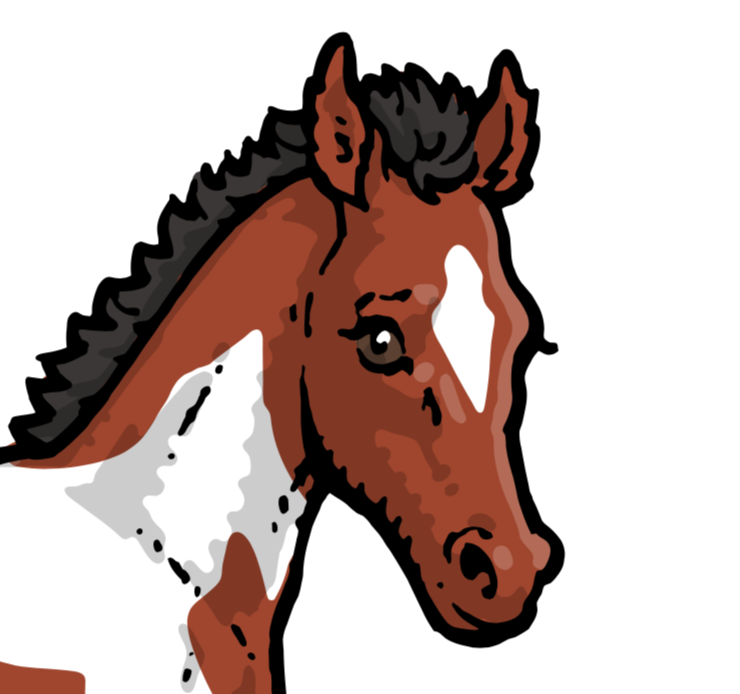Breeding Requirements for Mares
Unless your mare has outstanding health issues or poor conformation, they should be safe to breed. However, you should consider the age of your mare, whether you are willing to take the risk that comes with breeding a horse and how you can try to mitigate those risks.
Age
- Peak age between 4-15 years
- Get your vet to check for any potential risks
- Older or younger age can increase risk to mare and foal when breeding
- Should be up to date on all vaccinations and vet checks
You have to consider whether your horse is a safe age to conceive. Mares are at their peak between the ages of 4-15 years of age and after about 15-20 years of age, a mare’s fertility is likely to rapidly decrease. However, each mare is individual and some can breed successfully into their late 20s, while others won’t be as successful from a much younger age.
You should as your vet to check your mare's ability to conceive, maintain the pregnancy and deliver. Older mares will typically be trickier to get to conceive, particularly if they are maiden (have never been bred before) and the increased cost of having to go through multiple cycles should be taken into consideration. Consider whether your mare is too young to breed, domesticated horses are generally allowed to mature for 3-4 years.
She should also be up to date on her vaccinations and health checks. Some studs and stallion owners will require vaccinations that are not typically compulsory, such as strangles, as well as a negative uterine culture test in order to ensure the best result possible.
Hormones
- Insemination should occur as close to ovulation as possible
- 21 day cycle with heat for 5-7 days
You should also pay attention to your mare’s hormonal cycle and when she goes into heat. Insemination, either artificial or through live covering, should occur as close as possible to ovulation. Mare’s have a 21-day cycle, she will be in “heat” for roughly 5-7 days and will ovulate in the last 24-36 hours of heat. Identification of the start of a heat cycle allows the veterinarian an opportunity to ultrasound your mare and help determine when to breed.
Injury
- Is there the possibility of the injury being passed on?
- How will the injury affect her ability to conceive and carry to term?
- How will her lifestyle change as a result of this injury?
In terms of injuries, you should consider whether the injury is a ‘bad-luck’ injury or whether it was due to a conformation issue that could be inherited. If the injury was due to to her conformation, the risk of passing it on should be carefully considered. If the injury was simply the result of poor timing or a misstep, then the healing time for the injury should be considered as well as the effect of the injury on the well-being of your horse and her ability to carry to term successfully and with minimal risk. The lifestyle change of your horse will also have to factor into your decision making, and if she is likely to remain in a position of restricted movement for a long period of time, it could impact the growth and development of the foal both before and after birth.
Other Factors
- Transition from high-stakes to low-stakes environment
- Use of hormone regulators and their impact on her cycle
- Any other potential risks that arise
Some other factors that may impact your decision about whether you choose to breed your mare and when are her transition to a new lifestyle, and whether her injury is career-ending. Some horses do not transition well from a high stakes, competition environment and will need time to acclimate to their new lifestyle. This transition period should be taken into account and changed depending on how your mare reacts, as some mares can also have a change in temperament when in new situations. If your mare had previously been given a hormonal regulator (such as Regu-Mate) then it may take more time for her to go into heat regularly and to have a normal hormonal cycle. In general, a vet consult will be able to help you determine whether or not your mare is fit to breed as well as letting you know more about the potential risks of breeding your mare.
Genetic Testing: Practical Horse Genetics
See more
Show me More Information or Stallion Listing.
